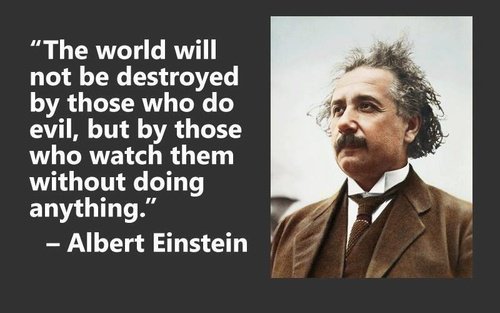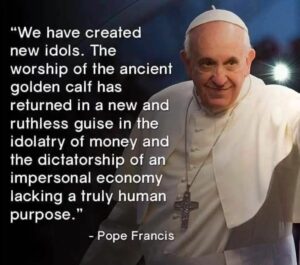The #NGO crew can be poison, not because they’re bad people, but because of how social structures and agendas shape behaviour. For the social health of the #openweb, we need to be mindful of what we take in. Just like in nature, some things are toxic in large doses. “Nice” doesn’t always mean “good.” There’s no contradiction here.
“Don’t drink from the #mainstreaming.”
But remember, shit makes good compost! Instead of just being cynical, let’s grow something better from this mess. A healthy #openweb world is still possible.
The Real Problem, is that too many people have been stuck in the #dotcons feedback loop for too long, lazy consumption feeding corporate control, which in turn dulls critical thinking, making people even more dependent. The illusion of #mainstreaming “ethical” alternatives all reinforce this cycle.
This post isn’t aimed at anyone in particular, but if you feel called out… well, maybe think about why.
Q: Why does this matter?
Because right now, #fashernistas (trend-chasers) and their projects are flooding into the #openweb space. Some of these projects are good, but many are just recreating the #geekproblem, building things that look different on the surface but are more #techshit repeating the same mistakes.
We use the #4opens as a litmus test for these projects:
- Open Data – Who controls it?
- Open Source – Can it be independently verified and improved?
- Open Process – Who gets to decide?
- Open Standards – Can it be freely networked and flows built upon?
If we don’t actively promote and support real alternatives, people will just step to more of the next “ethically marketed” #dotcons. If we don’t do #PR, they will, and they have far bigger budgets.
Q: What’s the deal with #hashtags, they empower people to break out of controlled algorithms.
- Click a hashtag → See real conversations outside your curated bubble.
- Follow a hashtag → Keep up with a movement, not just what a platform wants you to see.
- Use hashtags → Help build DIY, horizontal networks that weaken centralized control.
Example: Try clicking on #boatingeurope
Simple truth: Hashtags can be used to give you more power, and take power away from the algorithmic walls of the #geekproblem and #dotcons. They help connect ideas, people, and actions outside #mainstreaming corporate control.
Not using them? That’s fine, but why actively reject something that makes change easier? Social transformation isn’t painless, but it’s doable. A simple first step is to just start using shared social hashtags, and when you get pushback, stick with it.
Nobody said social change was easy.
The #mainstreaming progressive are finally moving to what I have been saying in the hashtag story. They are talking about the #blocking of left paths by our #fashionisters, we do need to work at shovelling this mess to grow the seeds we need for change and challenge.
There are piles of shit from this mess.







